UMD-led study: road salts and other human sources are threatening world’s freshwater supplies
Green Car Congress
APRIL 14, 2021
But a new study led by Sujay Kaushal of the University of Maryland warns that introducing salt into the environment—whether it's for de-icing roads, fertilizing farmland or other purposes—releases toxic chemical cocktails that create a serious and growing global threat to our freshwater supply and human health.

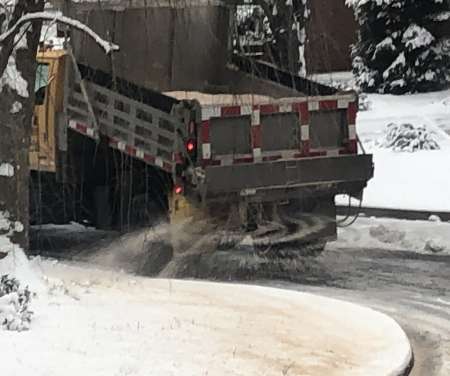

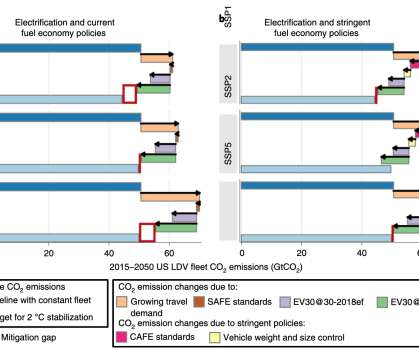









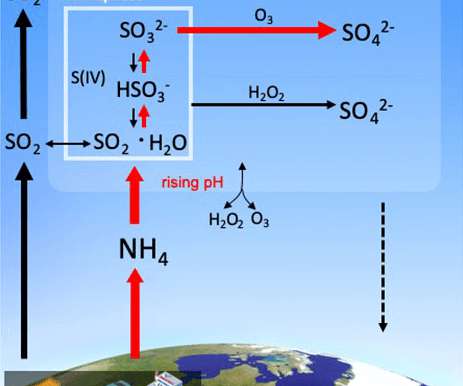


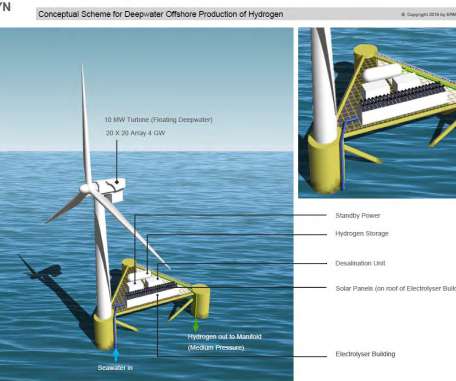











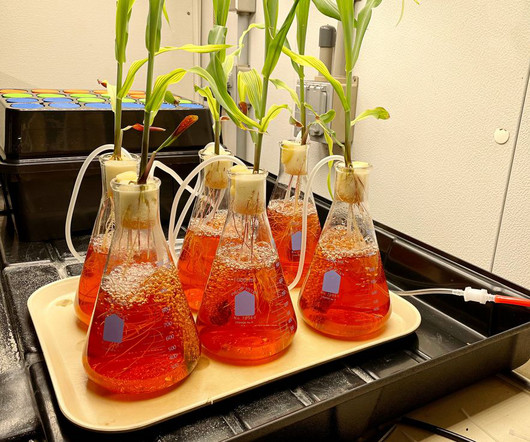


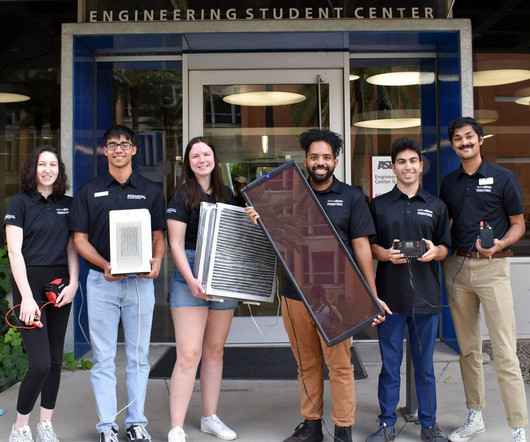
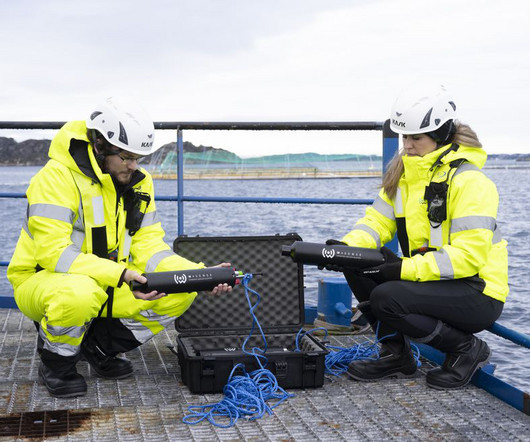









Let's personalize your content